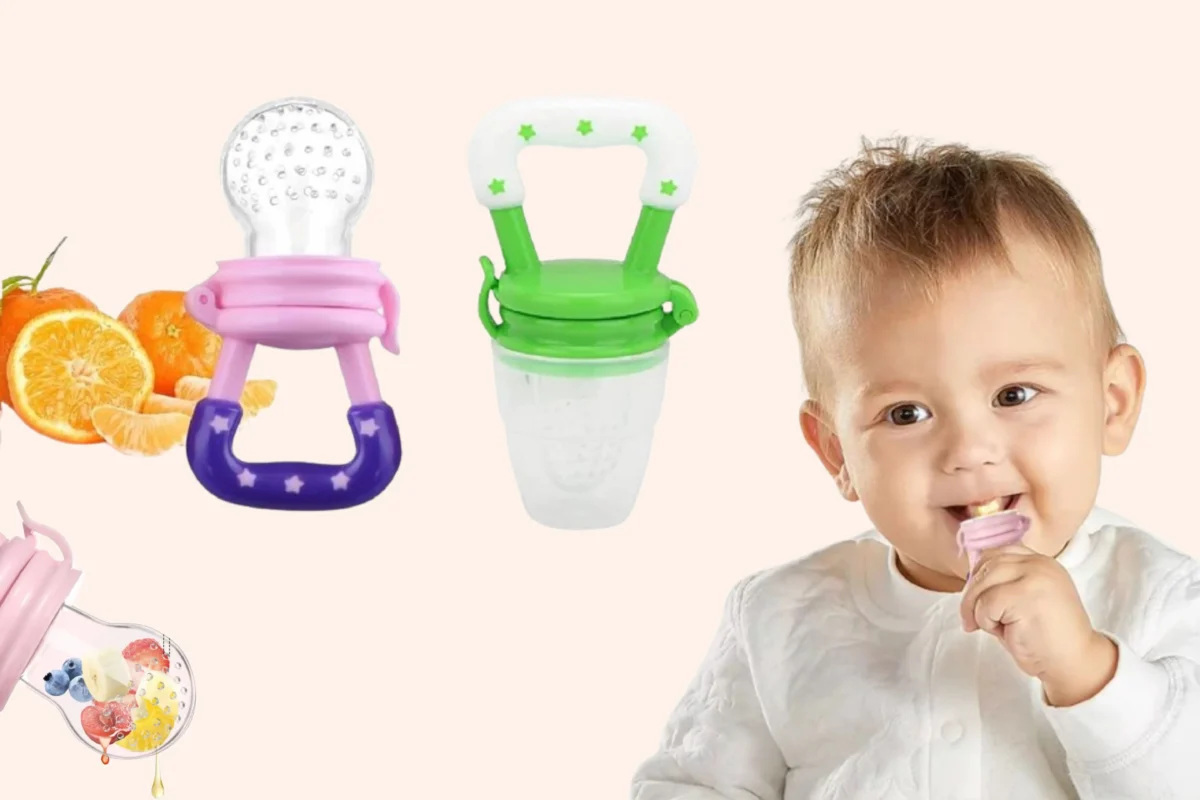Ensuring your baby receives optimal baby nutrition is crucial for their growth and overall development. Introducing nutritious foods early on lays the groundwork for lifelong healthy eating habits. This guide provides insights into the best foods for your baby, helping you make informed decisions about their diet.
The Significance of Nutrition in the First Year
The first year of life is marked by rapid growth and significant developmental milestones. Proper nutrition during this period is essential for:
- Brain Development: Key nutrients such as DHA, iron, and choline are vital for cognitive development.
- Physical Growth: Adequate intake of calories, protein, and vitamins supports proper growth.
- Immune System Support: Vitamins and minerals play a critical role in strengthening the immune system.
Breast Milk and Formula: The Basics
Breast Milk
Breast milk is often hailed as the gold standard for infant baby nutrition. It provides all the necessary nutrients in the right proportions and contains antibodies that help protect against infections. The World Health Organization recommends exclusive breastfeeding for the first six months of life.
Formula
For parents who cannot breastfeed or choose not to, infant formula serves as a nutritious alternative. Modern formulas are designed to closely mimic breast milk, ensuring that babies receive all the essential nutrients they need.
Introducing Solid Foods
Around six months, most babies are ready to begin eating solid foods. Here are some excellent options to consider:
1. Iron-Fortified Cereals
Iron-fortified cereals are a great first food for babies, as they help ensure adequate iron intake, which is crucial for brain development.
2. Pureed Vegetables
Vegetables like sweet potatoes, carrots, and peas are ideal first foods. They are rich in vitamins and minerals and have a mild flavor that many babies enjoy.
3. Pureed Fruits
Fruits such as bananas, apples, and pears offer essential vitamins and natural sugars. Introduce fruits after vegetables to help your baby develop a taste for a variety of flavors.
4. Pureed Meats
Pureed meats like chicken, turkey, and beef are excellent sources of protein and iron. They can be introduced after cereals, vegetables, and fruits.
5. Yogurt
Plain, unsweetened yogurt is a good source of calcium and protein. It can be introduced around eight months of age.
6. Avocado
Avocados are rich in healthy fats, which are important for brain development. They can be mashed and served alone or mixed with other purees.
7. Beans and Lentils
Beans and lentils provide protein, fiber, and iron. They can be cooked and pureed for easy digestion.
Foods to Avoid
Certain foods should be avoided in the first year due to the risk of allergies, choking, or digestive issues:
- Honey: Can cause botulism in infants.
- Cow’s Milk: Difficult for babies to digest and can cause allergic reactions.
- Whole Nuts: Choking hazard.
- Salt and Sugar: Should be limited to prevent developing a preference for salty or sweet foods.
Tips for Introducing New Foods
- Start Slow: Introduce one new food at a time and wait a few days before introducing another to monitor for allergies.
- Offer a Variety: Encourage a broad palate by offering different foods.
- Be Patient: It might take several tries before a baby accepts a new food.
Sample Feeding Schedule
Here’s a sample feeding schedule for a 6-9 month-old baby:
- Morning: Breast milk or formula, followed by iron-fortified cereal mixed with breast milk or formula.
- Mid-Morning: Pureed fruit.
- Lunch: Breast milk or formula, followed by pureed vegetables.
- Afternoon Snack: Breast milk or formula, followed by yogurt or mashed avocado.
- Dinner: Breast milk or formula, followed by pureed meat and vegetables.
- Evening: Breast milk or formula.
Conclusion
Providing a variety of healthy foods for your baby ensures they receive the essential nutrients needed for growth and development. By introducing a range of fruits, vegetables, proteins, and dairy, you can help set the stage for a lifetime of healthy eating habits.
Every baby is unique, so it’s important to consult with your pediatrician before making significant changes to your baby’s diet. Happy feeding!













